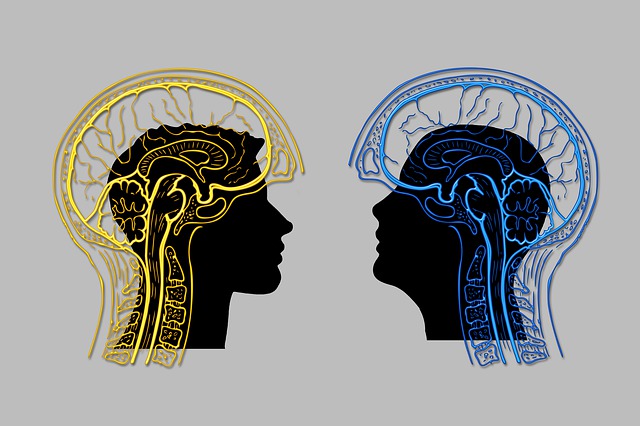 In our fast-paced and often chaotic lives, it’s easy to overlook the small blessings that surround us every day. We get caught up in our routines, chasing big dreams and grand achievements, and forget to appreciate the simple joys that come in small doses. We forget that blessings don’t always involve picking the right lottery numbers. But if we pause for a moment and take notice, we’ll find that sometimes small blessings have the power to bring immense happiness and gratitude to our lives.
In our fast-paced and often chaotic lives, it’s easy to overlook the small blessings that surround us every day. We get caught up in our routines, chasing big dreams and grand achievements, and forget to appreciate the simple joys that come in small doses. We forget that blessings don’t always involve picking the right lottery numbers. But if we pause for a moment and take notice, we’ll find that sometimes small blessings have the power to bring immense happiness and gratitude to our lives.
One of the greatest joys of life lies in the beauty of nature. A gentle breeze on a warm summer day, the vibrant colors of blooming flowers, or the melodious chirping of birds in the early morning can fill our hearts with delight. We may be so focused on our goals that we fail to notice the beauty of the world around us. Taking a walk in the park, spending time in a garden, or simply gazing at the stars can remind us of the incredible wonders that exist in our everyday lives.
Moments of laughter and connection with loved ones are also blessings that come in small doses. A shared smile, a heartfelt conversation, or a warm hug can instantly lift our spirits and make us feel loved and cherished. These moments of connection remind us of the importance of relationships and the joy that comes from human connection. Whether it’s a phone call with a friend or a shared meal with family, these small doses of love and companionship can bring immense happiness.
Finding joy in the present moment is another small blessing that we often overlook. We spend so much time dwelling on the past or worrying about the future that we forget to appreciate the beauty of the present. Engaging in mindfulness practices such as meditation or simply taking a few deep breaths can help us become more present and attuned to the small wonders of life. The taste of a delicious meal, the warmth of a cozy blanket, or the sound of a loved one’s voice.
Perhaps the greatest blessing is merely the fact that we wake each morning, blessed with the opportunity to experience another day of life.








